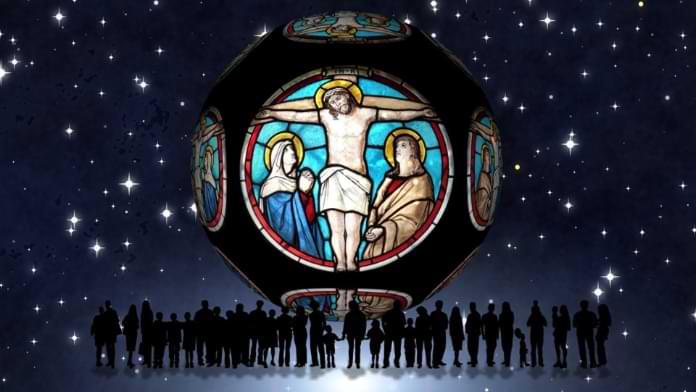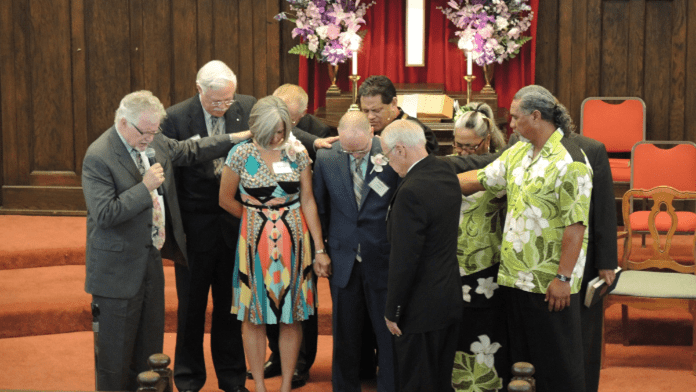At the beginning of Matthew chapter 24, Jesus predicts the destruction of the Jewish Temple in Jerusalem. His disciples are understandably shocked and disturbed and ask Jesus the pressing question, “When will this happen…?” But they don’t stop there, they go on to ask the question that has burned in the minds of the faithful throughout the centuries since Jesus' death, resurrection and ascension, “what will be the sign of your coming and of the end of the age?”
We can imagine that for Jews living in Israel under Roman occupation at the time of Christ, the utter destruction of the temple1 could easily be considered a clear sign that the end was imminent. Jesus’ prediction was fulfilled, as the Jewish Temple was indeed destroyed by the Romans in A.D. 70. And yet, here we are nearly two thousand years later still pondering and sometimes predicting the return of Christ and the end of the world as we know it, to borrow a line from the 80’s band, R.E.M.






